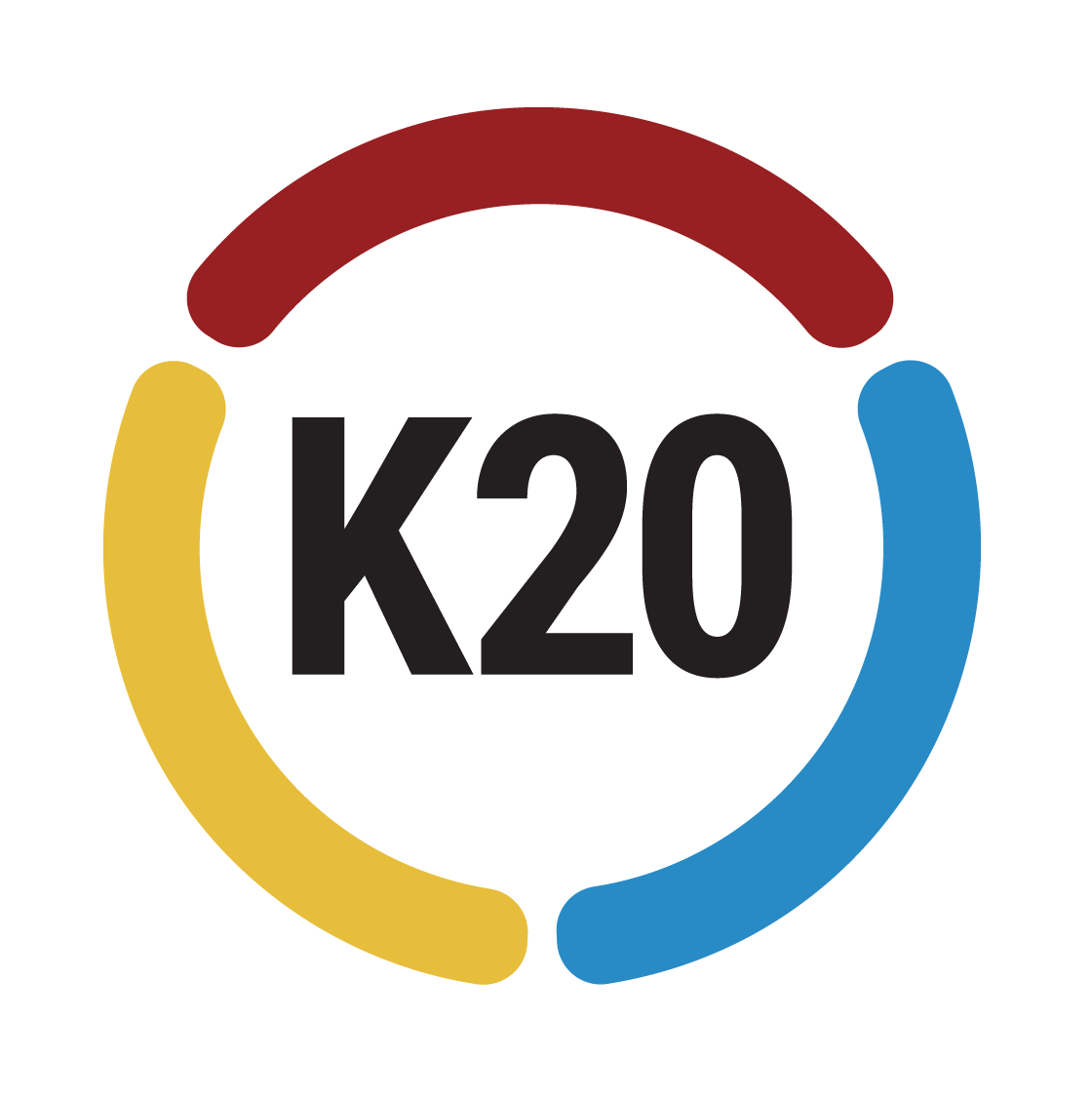Discourse: Works Cited
Charteris, J., & Smardon, D. (2019a). The politics of student voice: Unraveling the multiple discourses articulated in schools, Cambridge Journal of Education, 49(1), 93–110. https://doi.org/10.1080/0305764X.2018.1444144
Charteris, J., & Smardon, D. (2019b). Democratic contribution or information for reform? Prevailing and emerging discourses of student voice. Australian Journal of Teacher Education, 44(6). https://doi.org/10.14221/ajte.2018v44n6.1
Dodman, S. L., DeMulder, E. K., View, J. L., Swalwell, K., Stribling, S., Ra, S., & Dallman, L. (2019). Equity audits as a tool of critical data-driven decision making: Preparing teachers to see beyond achievement gaps and bubbles. Action in Teacher Education, 41(1), 4–22. https://doi.org/10.1080/01626620.2018.1536900
Dyke, E., & El Sabbagh, J. (2020). “It’s an Americanization that’s not working:” Reimagining teacher leadership and accountability in a Latinx-serving middle school. Journal of Education Human Resources, 38(4), 416–437. https://doi.org/10.3138/jehr-2020-0006
Elkomy, M. M., & Elkhaial, N. H. (2022). The lesson study approach to professional development: Promoting teachers’ peer mentoring and communities of practice and students’ learning in Egypt. Teaching and Teacher Education, 109. https://doi.org/10.1016/j.tate.2021.103538
Eshchar‐Netz, L., & Vedder‐Weiss, D. (2020). Teacher learning in communities of practice: The affordances of co‐planning for novice and veteran teachers’ learning. Journal of Research in Science Teaching, 58(3), 366–391. https://doi.org/10.1002/tea.21663
Evans-Winters, V., Hines, D. E., Moore, A., & Jones, T. L. (2018). Locating Black girls in educational policy discourse: Implications for the “Every Student Succeeds Act.” Teachers College Record, 120(13), 1–18. https://doi.org/10.1177/016146811812001305
Gardner-Neblett, N., Iruka, I.U., Humphries, M. (2021). Dismantling the Black-White achievement gap paradigm: Why and how we need to focus instead on systemic change. Journal of Education, (203)2. https://doi.org/10.1177/00220574211031958
Gee, J. P. (1989). Literacy, discourse, and linguistics: Introduction. Journal of Education, 171(1), 5–17. https://doi.org/10.1177/002205748917100101
Goddard, R. D., Skrla, L., & Salloum, S. J. (2017). The role of collective efficacy in closing student achievement gaps: A mixed methods study of school leadership for excellence and equity. Journal of Education for Students Placed at Risk (JESPAR), 22(4), 220–236. https://doi.org/10.1080/10824669.2017.1348900
Lave, J., & Wenger, E. (1991). Situated Learning: Legitimate Peripheral Participation. Cambridge University Press. http://dx.doi.org/10.1017/CBO9780511815355
Sant, E. (2019). Democratic education: A theoretical review (2006–2017). Review of Educational Research, 89(5), 655–696. https://doi.org/10.3102/0034654319862493
Simoncini, K. M., Lasen, M., & Rocco, S. (2014). Professional dialogue, reflective practice and teacher research: Engaging early childhood pre-service teachers in collegial dialogue about curriculum innovation. Australian Journal of Teacher Education, 39(1). https://doi.org/10.14221/ajte.2014v39n1.
Swales, J. (2011). The concept of I discourse community. University of Michigan Press.
Truscott, D., & Barker, K. S. (2020). Developing teacher identities as in situ teacher educators through communities of practice. The New Educator, 16(4), 333–351. https://doi.org/10.1080/1547688x.2020.1779890
Vetter, A., Faircloth, B. S., Hewitt, K. K., Gonzalez, L. M., He, Y., & Rock, M. L. (2022). Equity and social justice in research practice partnerships in the United States. Review of Educational Research, 92(5), 829–866. https://doi.org/10.3102/00346543211070048
Wilcox, S. M. (2020). Policy storms at the central office: Conflicting narratives of racial equity and segregation at school committee meetings. Educational Policy Studies and Evaluation Faculty Publications, 20. https://uknowledge.uky.edu/epe_facpub/20



